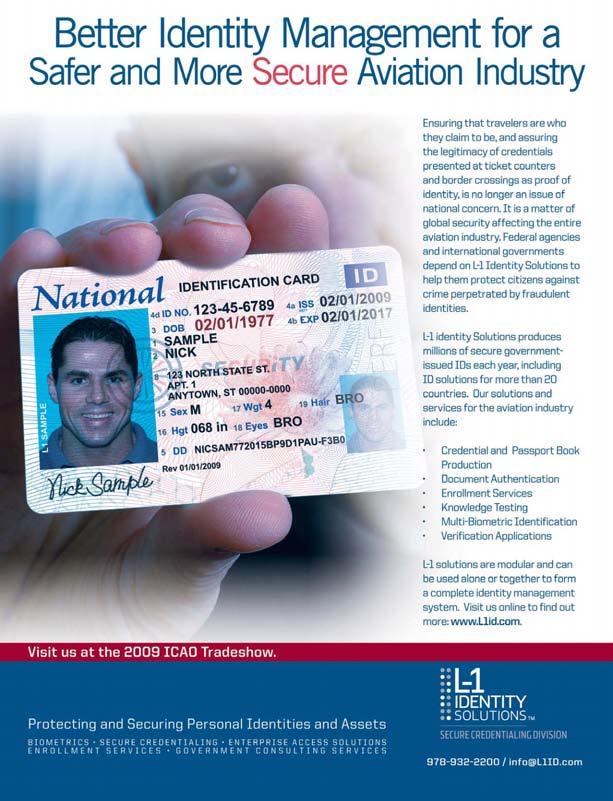Heads up, Arizona readers: Your state legislature is on the verge of enacting a REAL-ID type national ID requirement in the guise of “immigration reform”. And a heads up to readers elsewhere: Congress is also considering an ID mandate as part of an “immigration reform” bill.
For a while after 9/11, the excuse offered by proponents of a national ID card was that it would somehow prevent terrorism. We all know that there’s never any terrorism in police states, right? With that excuse wearing thin, the old bugaboo of illegal immigration is emerging (or reemerging) as the rationale for a national ID requirement and database.
In Arizona, SB1070/HB2632 is under consideration on the floor of the state House of representatives today, and could be voted on at any time. The Campaign for Liberty has a detailed analysis of the provisions of this bill. We don’t know why the state of Arizona needs any legislation on “ENFORCEMENT OF IMMIGRATION LAWS”, since those are Federal laws normally enforced by the Feds, not by state authorities. But in the guise of an amendment to those “immigration” provisions of Arizona law, the bill would require not merely state law enforcement officers but all state and local agencies to make “a reasonable attempt … to determine the immigration status of the person” in a wide range of circumstance. As part of that attempt to determine the person’s status, “The person’s immigration status shall be verified with the federal government pursuant to 8 United States code section 1373(c).” And checks of ID against Federal immigration databases would be allowed as a condition of virtually any state or local public services.
In Congress, “Lawmakers working to craft a new comprehensive immigration bill are proposing a new national biometric ID card that would be required of all U.S. workers… Under the potentially controversial plan still taking shape in the Senate, all legal U.S. workers, including citizens and immigrants, would be issued an ID card with embedded information, such as fingerprints, to tie the card to the worker”, according to a report in the Wall Street Journal quoting Senators Chuck Schumer (D-NY) and Lindsey Graham (R-SC).
As one commentator put it, “Every worker would have to ask permission from the federal government to get a job. American workers shouldn’t have to beg or plead to anybody to get permission to work.” Nor should they have to have their fingerprints in a national database that, to work as designed, would have to be open to verification queries form every potential employer in the country. (Never mind what would happen to remote workers or contractors who’ve never met their employers in the flesh for them to be able to verify their fingerprints.)
But the key problem with any of these schemes isn’t the excuse that is offered to justify their creation, but the potential they create for abuse and the inevitability that they will be used in ways that the public never imagined when they allowed them to be created — such as, for example, the historic “mission creep” of Social Security numbers.
A national ID card or database or identification requirement is wrong, regardless of whether it is created through state or local law, and regardless of the “excuse du jour” proffered as its rationale.
